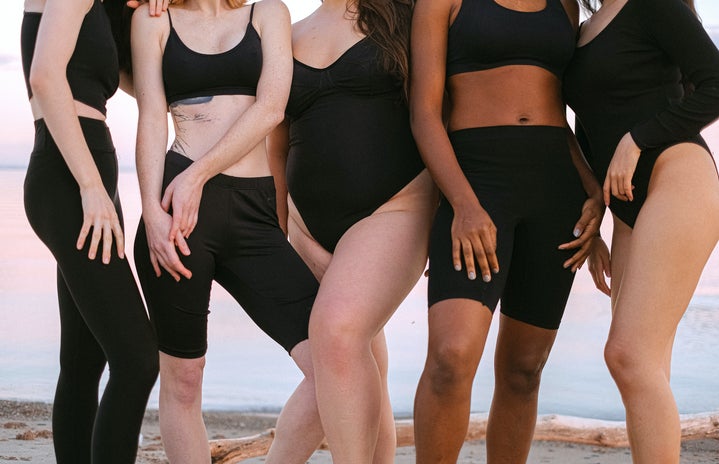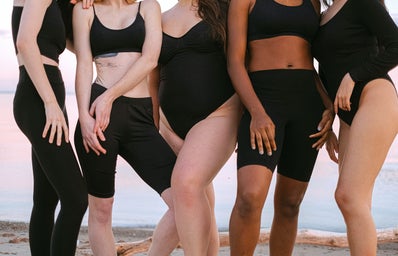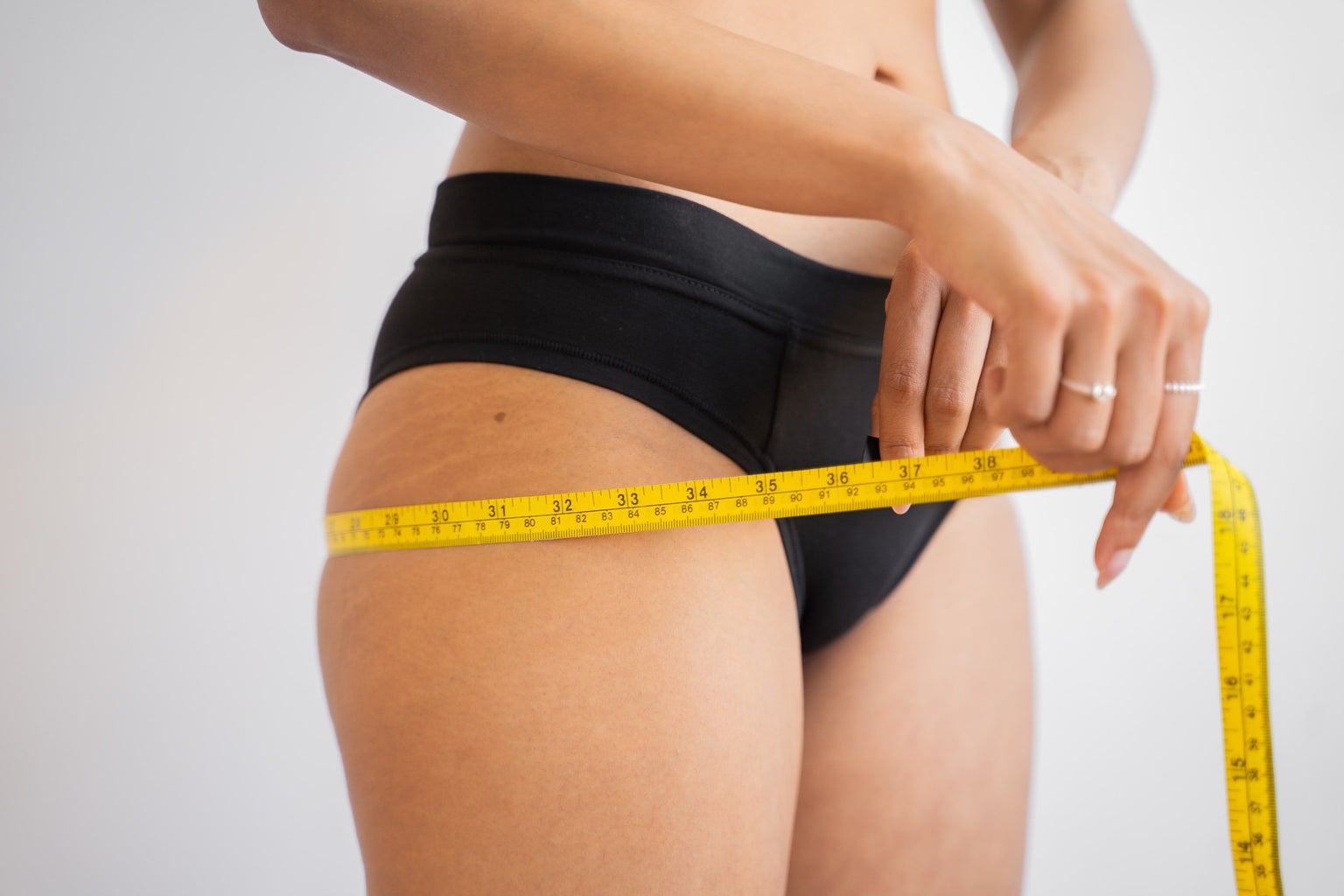Who, in today’s society, can say they don’t suffer from aesthetic pressure? Even people considered “in the beauty standard”, often feel the unrealistic expectation of beauty lived by us today. The concept of “beauty standard” has always existed.
During the Renaissance period, this pattern was made up of fatter women (since they symbolized monetary power and access to food). In the Victorian Era, with the rise of corsets, women with thin waists and long hair were admired. At the time Marilyn Monroe lived, for example, the obsession of the moment was curved. The ’60s, on the other hand, prized a tall and thin female body (with few curves).
I could go on for hours describing the different patterns of each decade, but for today’s topic, it just needs to be clear that they have always existed and have always been changing. But if so, what is the problem with what we have today?
The main problem is that, once again, the imposed standard is unattainable and always seeks perfection. The idea that women should have: big boobs, but not big enough so they don’t attract attention; big buttocks (but no cellulite), and a flat stomach, has become an obsession. What is often not taken into account is that many people (especially women) develop various eating disorders and image distortion that can even lead to death.
We’ve all seen the extent of using Photoshop to manipulate bodies to slim them down – there are hundreds of Instagram accounts dedicated solely to showing how celebrities would look if they were ‘nipped and tucked’.
Well, now, celebrities are being edited to look bigger than they are. I know – our society’s obsession with women’s bodies knows no bounds.
For example, this picture of Kylie Jenner has been airbrushed to make her look bigger. Perusing the comments on the post, I saw many people praising this new phenomenon, stating that it was a ‘positive’ move as it helps bigger women to feel included in a space where they rarely ever are.
where do the patterns come from?
Although standards have always existed and changed, with the internet this process became faster and began to demand that fewer people speak up (since only one influential person can already reach and change the opinion of thousands). A clear example of this was the testimony of Kim Kardashian at the Met Gala. The socialite claimed to have lost 16 pounds just to fit into the iconic dress worn by Marilyn Monroe, (which was only worn by her for just a few minutes).
As innocent as such an action seems, the normalization of restrictive diets and the worship of the thin body serve as a trigger for thousands of people who follow the socialite or even who just followed the story. Many people end up forgetting or ignoring the fact that clothes should fit us, we don’t need to fit all clothes.
what about the representation of the ones out of the “standard”?
Another important point is the representation of fat people, as simply a little different from the norm. There are two main problems: few fat actresses, singers, or influencers get as much attention as the thinner ones, and even those that do are bombarded with fatphobic comments.
It is extremely necessary for people of all weights to feel present in society. That’s why it’s important that non-standard actors are hired and singers with different bodies also get on the stage. In this way, everyone feels supported and welcome within society.
Many think that thinness is synonymous with health and being fat is synonymous with something unhealthy. The truth is that it is not so. Many times thin women are as they are due to lack of food, illness, or other health problems. In the same way, many fat people exercise and eat in a balanced way and still accumulate fat.
Feeling that your body is not worth it, can be the worst feeling ever. Feeling that you have to starve yourself to be pretty, can be the worst feeling ever. Feeling that you are not welcome in our society, can be the worst feeling ever.
The only way of avoiding these feelings is by treating yourself well, looking for help when you feel like you’re not dealing right with the beauty pressure and treating people with kindness, and not judging their bodies. One by one we can build a free and kind society.
———————————————
The article above was edited by Lívia Carvalho.
Liked this type of content? Check Her Campus Casper Libero’s home page for more!



